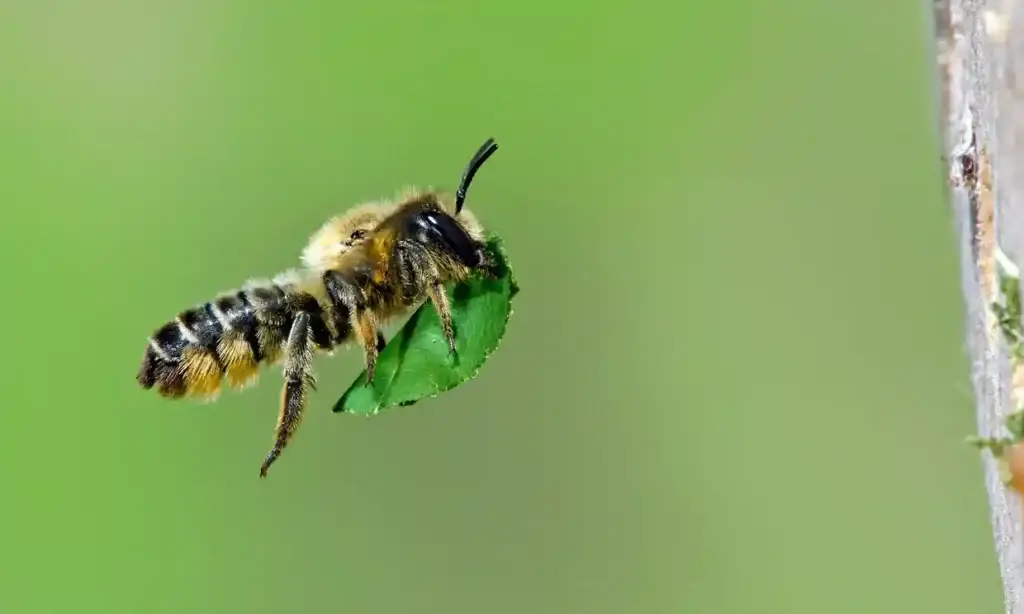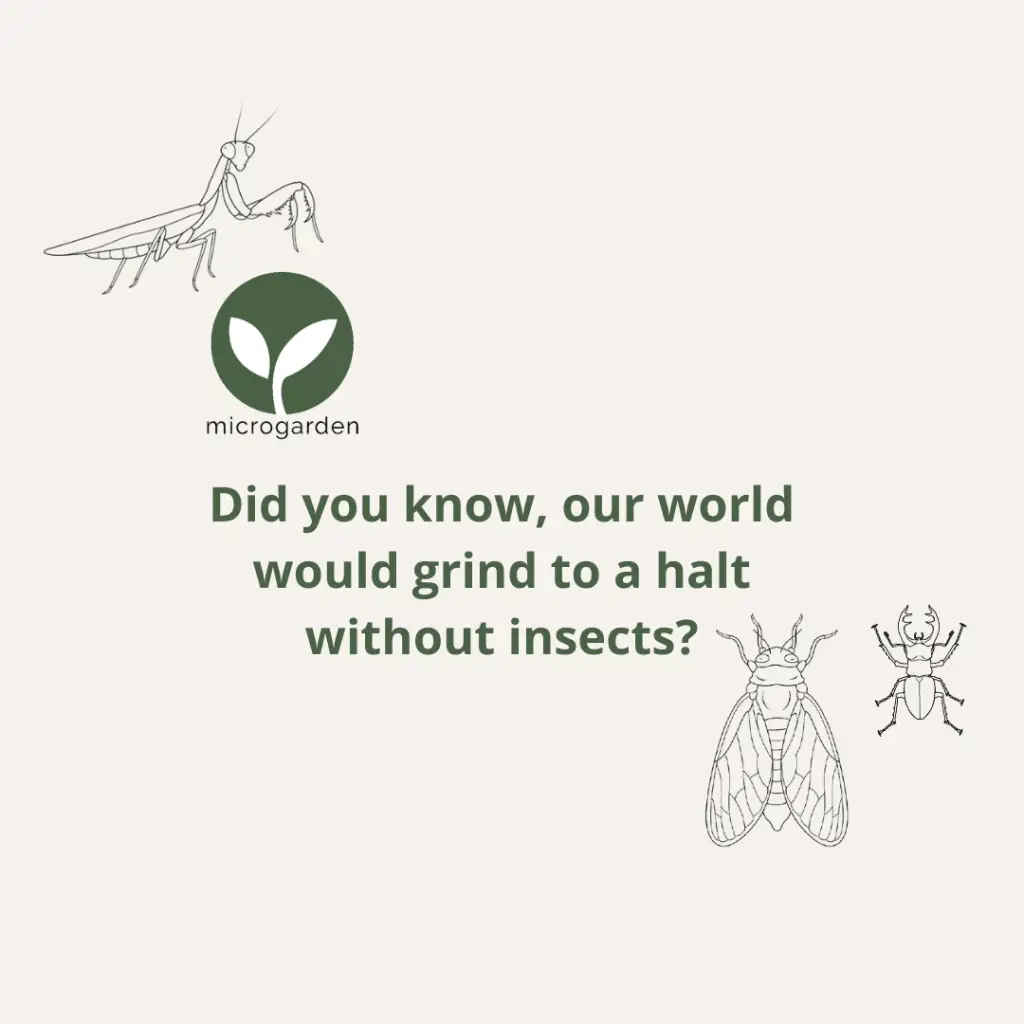I recently read an article about how insects are vital to our biodiversity and ecosystems that was extremely captivating! The author, David Goulson shared his beautiful experiences of watching clouds of bird-wing butterflies sipping minerals from the banks of a river in Borneo, and thousands of fireflies flashing in synchrony at night in the swamps of Thailand. These stories of his travels and experiences with all the myriad little beasts that make the world go round warmed my heart!
Then he shared a shocking and devastating statistics identifying that insects have declined by 75% in the past 50 years! Wow this made me so sad!
Why are insects becoming extinct?
Secondly, the author explained how insect-rich wildlife habitats, such as hay meadows, marshes, heathland and tropical rainforests. Have been bulldozed, burned or ploughed to destruction on a vast scale. Pesticides and fertilisers have also become far more acute, with an estimated 3 million tonnes of pesticides now going into the global environment every year. How crazy is this?
This presents our natural environment with a big problem as insects are vital to our biodiversity and ecosystems.
The problem is getting worse!
Moreover, new stronger pesticides used today are thousands of times more toxic to insects. We have to face reality. Soils have been degraded and rivers are overly polluted with chemicals. These changes have all happened in our lifetime, on our watch, and they continue to accelerate…
What do we need insects for, you may ask?
- To pollinate our crops
- To recycle dung, leaves and corpses
- In order to keep soil healthy
- For controlling pests
- For food for larger animals
- Wildflowers rely on them for pollination
More so, the loss of insects is catastrophic for wildlife as insects perform vital services in ecosystems. For example, 87% of all plant species require animal pollination which insects are responsible for!
Can you believe that three-quarters of the crop types we grow for humans also require pollination by insects?! Meaning we could not possibly feed the growing global human population without insect pollinators.
The importance of insects should have been reinforced by the points outlined in this blog. However, please do not get disheartened though as there are things we can do to save our insects!

To save them, we need to act, and act now.
5 ways to save insects:
- Engender a society that values the natural world
- Encouraging environmental awareness from an early age
- Green our urban areas
- Focus on sustainable production of healthy food
- Support biodiversity
In conclusion, I for one will definitely be making more of an effort to support nature conservation areas! Additionally, I will also continue to educate and inspire people about our natural environment through the Microgarden platform. Hoping that more people do their part in preserving the planet!
In love and encouragement,
Kerry Engelen
[/et_pb_text][/et_pb_column] [/et_pb_row] [/et_pb_section]
